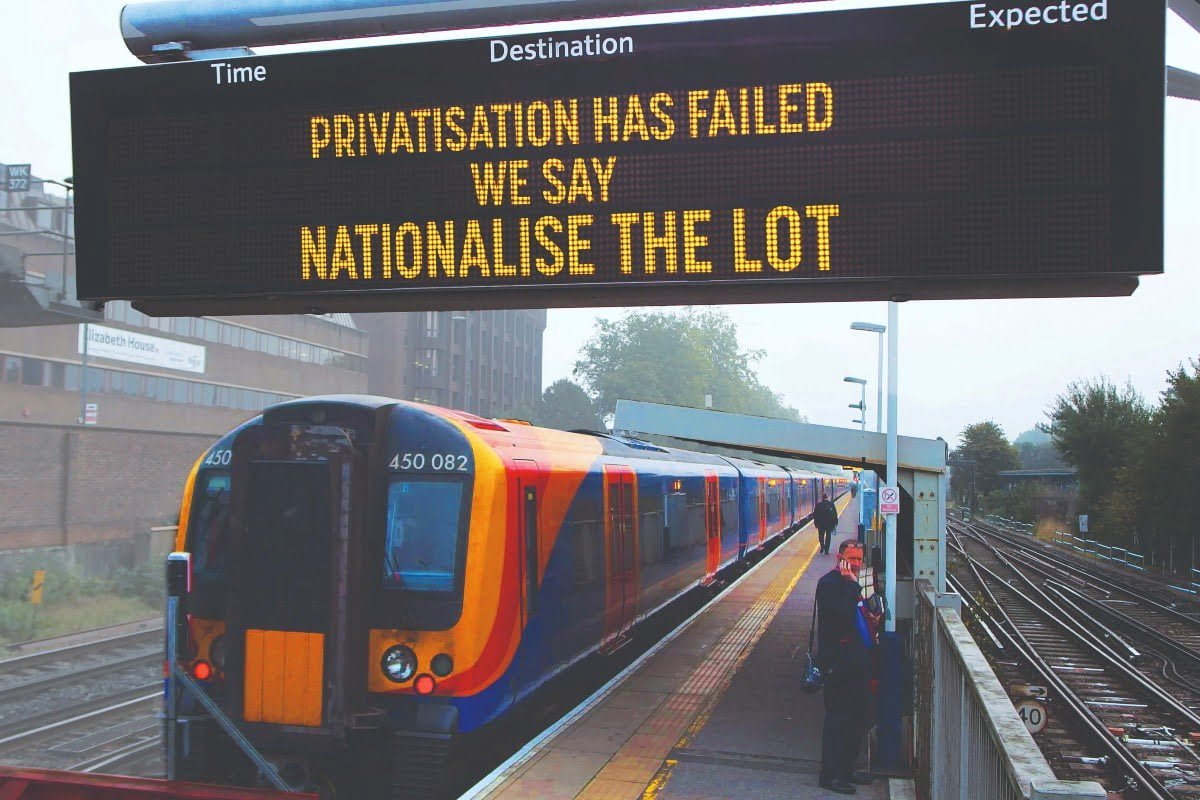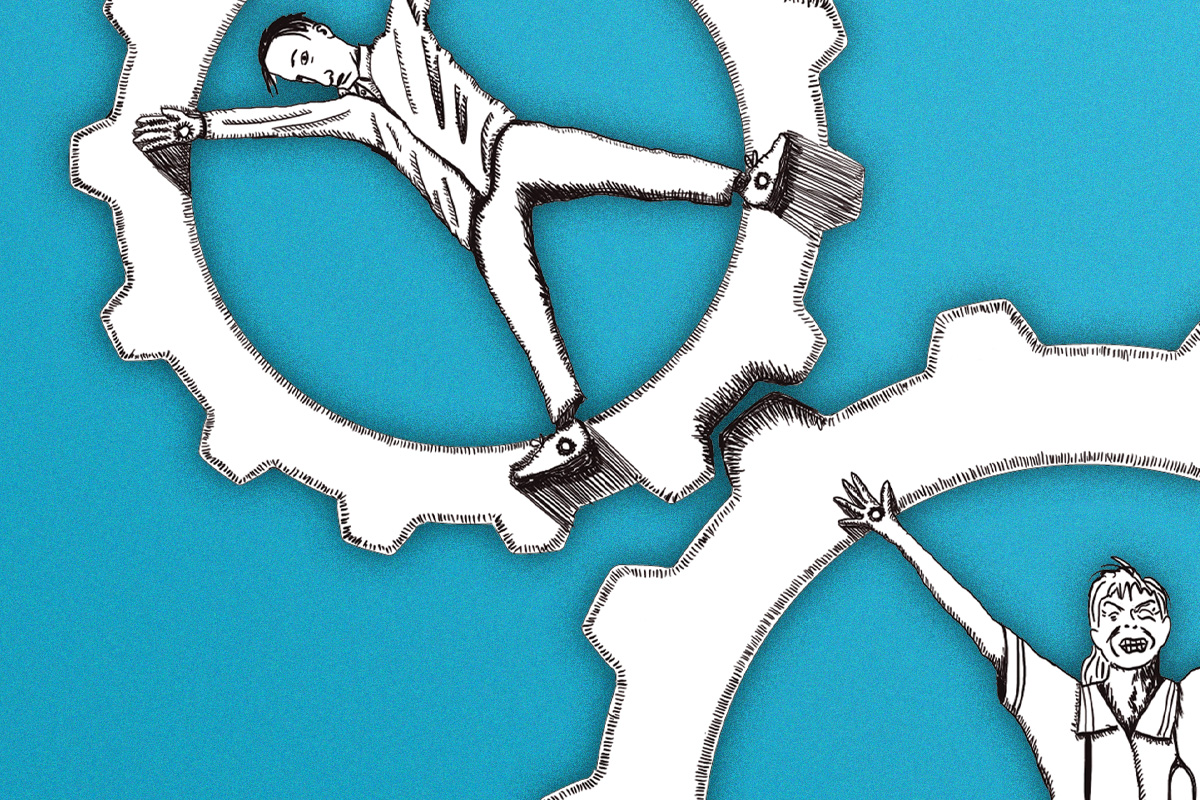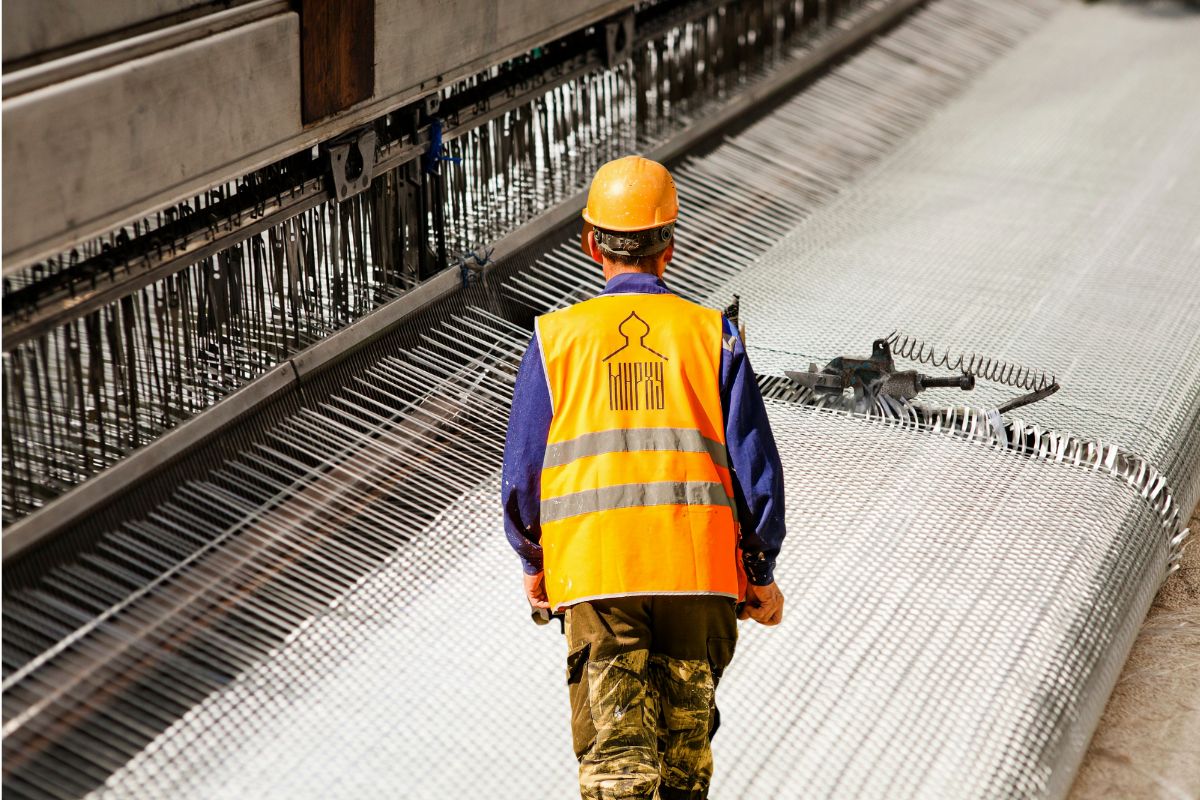New Tory plans for the country’s dilapidated railway network offer nothing but further privatisation, profiteering, cuts, and attacks on rail workers. Labour and the unions must fight for public ownership and workers’ control.
The government has revealed their plans for the railway industry post-pandemic – and it’s cuts, cuts, cuts. With new privatisation measures sure to follow, the labour movement must prepare to fight back.
The pandemic has hit the rail sector hard. Passenger numbers dropped to almost nothing during the first lockdown, and have stayed low throughout the last year.
In March 2020, the government stepped in to prop-up struggling rail companies. The Department for Transport (DfT) suspended rail franchise contracts temporarily, promising to bear all financial risk in order to keep the trains running.
While some have claimed these moves amount to the renationalisation of rail, this is very far from the case. Not only are private rail bosses still in the driving seat of the industry, but many are receiving management fees from the public purse. This is despite the government paying their staff’s wages and covering their costs!
In reality, these policies amount to a bailout of big business when times are tough. Because of this, the main rail unions (RMT, ASLEF and TSSA) were quick to call on the government to seize the opportunity and renationalise the industry on a proper and permanent basis. These calls have sadly – but predictably – fallen on deaf ears.
Next stop: Cuts
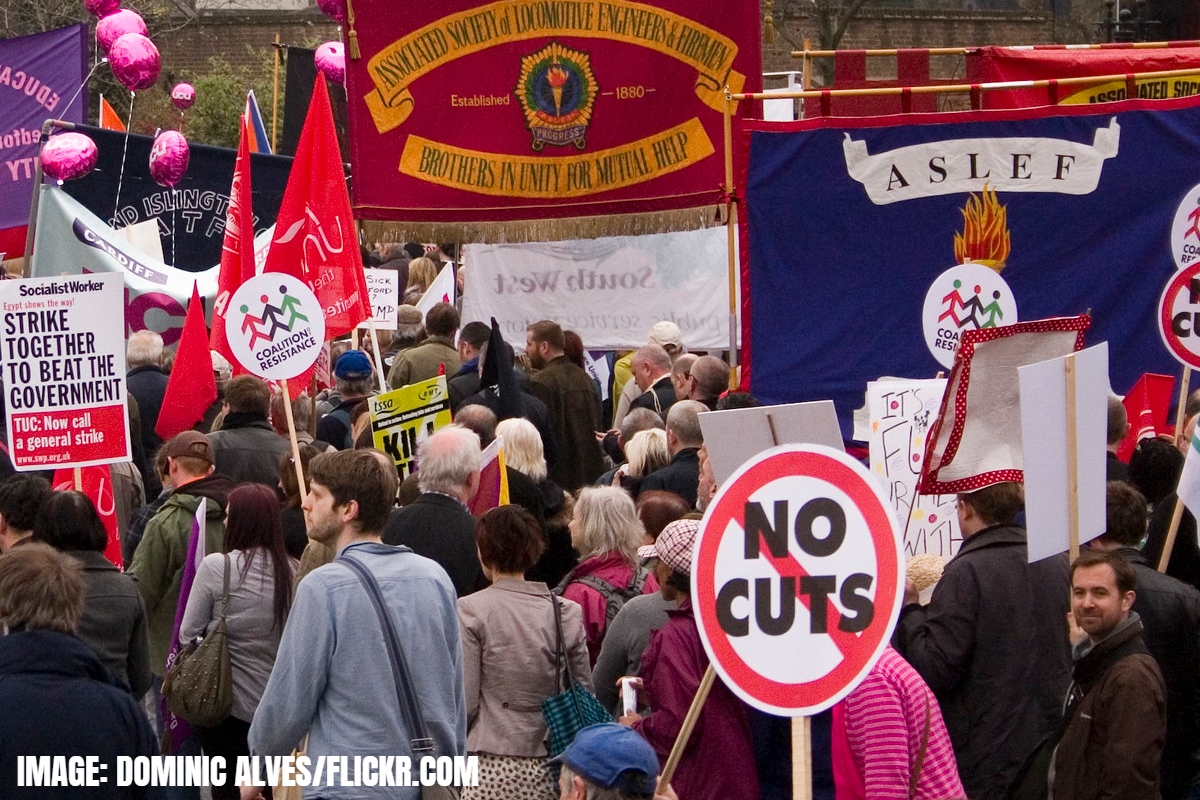 In May this year, DfT announced the Williams-Shapps white paper, detailing the government’s vague plans for English rail in the years to come.
In May this year, DfT announced the Williams-Shapps white paper, detailing the government’s vague plans for English rail in the years to come.
While the creation of a national body to oversee the railways may seem like a step in the right direction, other policies outlined in the white paper make it clear that further privatisation, cuts, and huge attacks on railway workers are on the horizon.
Despite the report being three years in the making, the major rail unions were predictably not consulted on the plans. They are understandably quite worried about what the future holds for the industry and their members.
In addition to this, the UK Parliament Public Accounts Committee released a damning report on the English rail system in July.
The report pointed out the absence of detailed reform proposals in the Williams-Shapps plan, and demanded DfT explain the finances underpinning both the current COVID contracts, and future plans on operation and infrastructure.
This prompted the train drivers’ union ASLEF to release a statement on the report, which noted the following:
“Our members are on the front line on the railway. They know how the system works, how it should work, and the opportunities that are missed by a lack of leadership from the government.
“Our members are clear. The only sensible way to run our railway is with wheels and steel together, with public ownership and operation.”
Public ownership
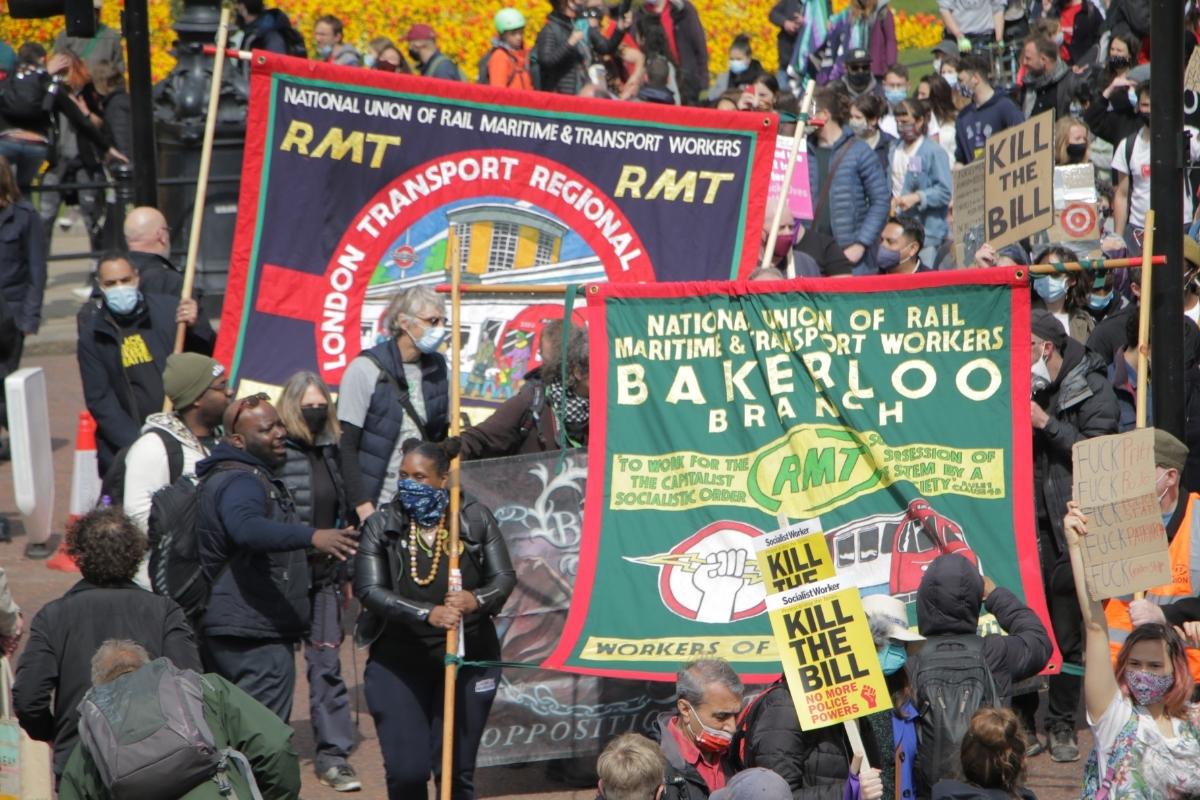 The findings of these reports, and the general situation of the railways, highlights very clearly the growing need for genuine public ownership – and beyond that, genuine workers’ control and management.
The findings of these reports, and the general situation of the railways, highlights very clearly the growing need for genuine public ownership – and beyond that, genuine workers’ control and management.
These ideas are not just popular amongst railway workers, but across the whole of society. One poll from 2018 found that 64% of voters were in favour of renationalising rail. This policy clearly finds an echo and must be fought for.
We cannot expect this bosses’ government to heed this call, however. They have clearly shown whose side they’re on when it comes to profiteering on the railway – and it’s not ours.
The labour movement, including the rail unions, must be prepared to fight for renationalisation on both the industrial and political fields. Pressure must also be put upon the Labour Party to elect a left leadership who will actually back this policy in words and deeds.
Railway workers have played a key role during the pandemic. They have moved people, food and medical supplies in often very difficult circumstances. Cuts to their pay and conditions must be fought against with united action between unions.
The fight for workers’ control over the railways alongside full nationalisation must be taken up as a vital part of this.

